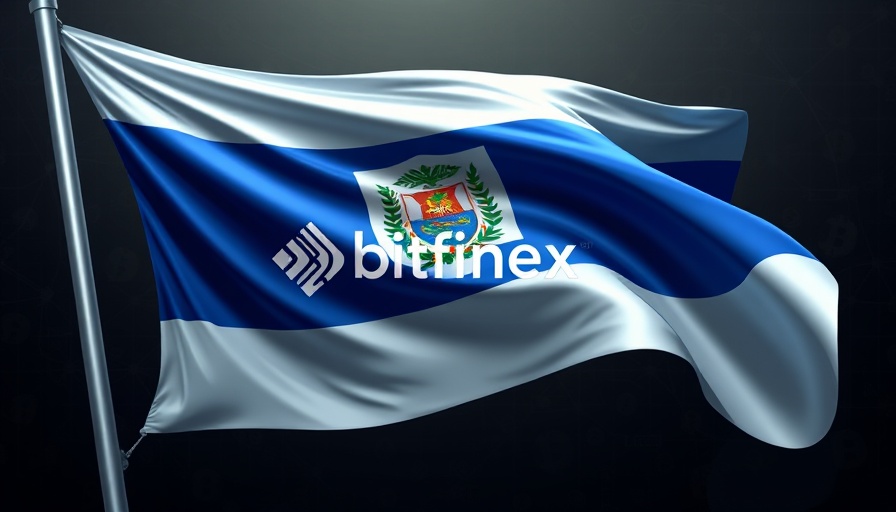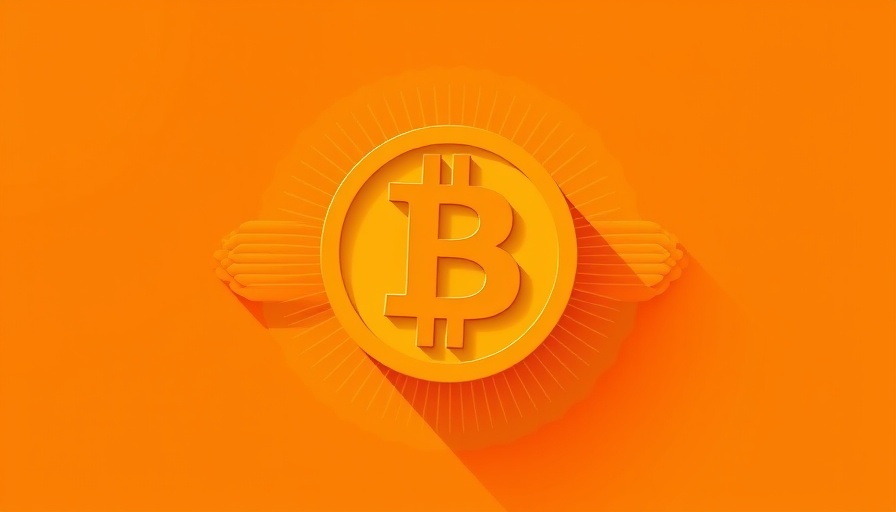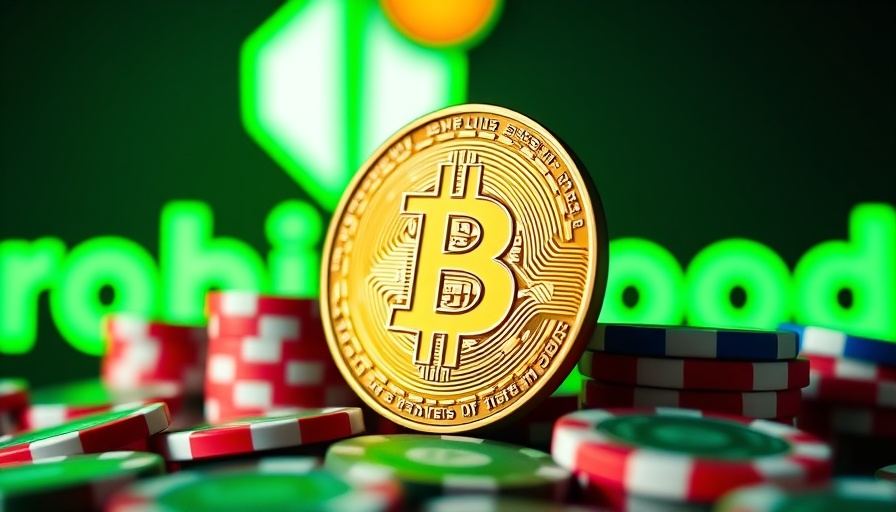
El Salvador's Bitcoin Connection: Who's Really in Control?
El Salvador's approach to Bitcoin, particularly under President Nayib Bukele, has always been both ambitious and controversial. Recent reports have raised serious questions about the authenticity of the government's claimed Bitcoin holdings, suggesting a troubling dependency on the crypto exchange, Bitfinex. Researchers have traced the origins of the 6,114 bitcoins that El Salvador asserts to own, and have discovered a staggering revelation: over 80% of these coins originate from Bitfinex-controlled wallets.
In a world where cryptocurrency is hailed for its decentralization and autonomy, the ties between Bitfinex and El Salvador's government are prompting discussions about control and ownership. Critics, including researcher Mario Gómez, speculate that much of the Bitcoin could be part of a financial arrangement involving loans or donations from Bitfinex, further clouding the narrative of national ownership.
Cryptocurrency’s Impact on Sovereignty
This unsettling relationship complicates the perception of Bitcoin's role as a sovereign currency in El Salvador. Critics argue that if the government lacks full control over its Bitcoin, it undermines the very point of adopting cryptocurrency as legal tender. What does this mean for ordinary Salvadorans who believed in a financial revolution powered by Bitcoin?
The IMF's Role in Clarifying Ownership
Against this backdrop, the International Monetary Fund (IMF) agreement signed by Bukele's administration, which requires more transparency concerning its Bitcoin holdings, holds significant implications. The upcoming scrutiny may reveal underlying issues regarding the ownership and integrity of the state-controlled Bitcoin. Such transparency could be vital in gaining the trust of both investors and the local populace.
Understanding the Mechanism: Chivo Wallet
While the supposed control of Bitfinex raises questions, it’s essential to look at other aspects, such as the Chivo Wallet - El Salvador’s official digital wallet. While it was intended to foster financial inclusion and help streamline Bitcoin transactions among citizens, its connection to Bitfinex and Bitcoin’s origin raises further doubts about true ownership and control.
What Lies Ahead for El Salvador and Cryptocurrency?
As we observe these developments, it becomes crucial to ask: what’s at stake for El Salvador's future in cryptocurrency innovation? The government promises of a Bitcoin-driven economy might quickly falter if doubts about ownership and control persist. For those who are eager to invest in cryptocurrency, navigating these revelations is essential to understanding the associated risks.
In the rapidly evolving landscape of cryptocurrency, clarity and transparency are key. As the truth continues to unfold, it invites investors and citizens alike to rethink their strategies and perceptions regarding Bitcoin's role in the future of El Salvador.
 Add Row
Add Row  Add
Add 




 Add Row
Add Row  Add
Add 

Write A Comment